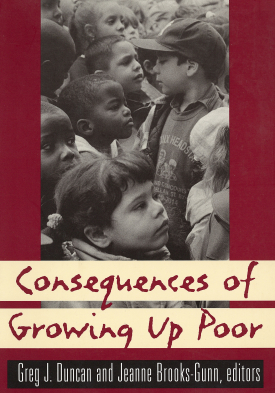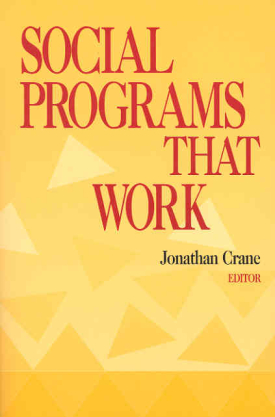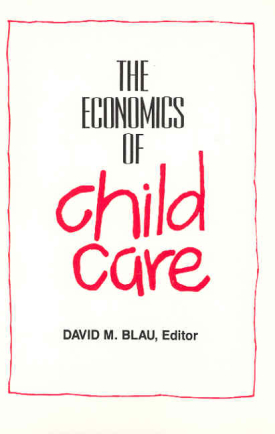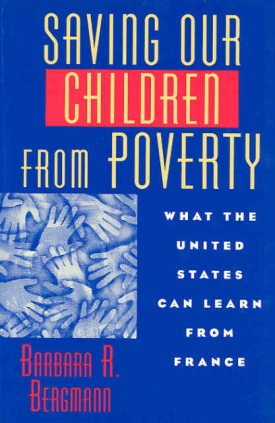
Consequences of Growing Up Poor
About This Book
One in five American children now live in families with incomes below the povertyline, and their prospects are not bright. Low income is statistically linked with a variety of poor outcomes for children, from low birth weight and poor nutrition in infancy to increased chances of academic failure, emotional distress, and unwed childbirth in adolescence. To address these problems it is not enough to know that money makes a difference; we need to understand how. Consequences of Growing Up Poor is an extensive and illuminating examination of the paths through which economic deprivation damages children at all stages of their development.
In Consequences of Growing Up Poor, developmental psychologists, economists, and sociologists revisit a large body of studies to answer specific questions about how low income puts children at risk intellectually, emotionally, and physically. Many of their investigations demonstrate that although income clearly creates disadvantages, it does so selectively and in a wide variety of ways. Low-income preschoolers exhibit poorer cognitive and verbal skills because they are generally exposed to fewer toys, books, and other stimulating experiences in the home. Poor parents also tend to rely on home-based child care, where the quality and amount of attention children receive is inferior to that of professional facilities. In later years, conflict between economically stressed parents increases anxiety and weakens self-esteem in their teenaged children.
Although they share economic hardships, the home lives of poor children are not homogenous. Consequences of Growing Up Poor investigates whether such family conditions as the marital status, education, and involvement of parents mitigate the ill effects of poverty. Consequences of Growing Up Poor also looks at the importance of timing: Does being poor have a different impact on preschoolers, children, and adolescents? When are children most vulnerable to poverty? Some contributors find that poverty in the prenatal or early childhood years appears to be particularly detrimental to cognitive development and physical health. Others offer evidence that lower income has a stronger negative effect during adolescence than in childhood or adulthood.
Based on their findings, the editors and contributors to Consequences of Growing Up Poor recommend more sharply focused child welfare policies targeted to specific eras and conditions of poor children's lives. They also weigh the relative need for income supplements, child care subsidies, and home interventions. Consequences of Growing Up Poor describes the extent and causes of hardships for poor children, defines the interaction between income and family, and offers solutions to improve young lives.
JEANNE BROOKS-GUNN is Virginia and Leonard Marx Professor of Child Development at Teachers College, Columbia University. She is also director of the Center for Young Children and Families, and co-directs the Adolescent Study Program at Teachers College.
GREG J. DUNCAN is professor of education and social policy and a faculty associate in the Institute for Policy Research at Northwestern University.
CONTRIBUTORS: Terry Adams, William Axinn, Bernard Boulerice, Jeanne Brooks-Gunn, Karen P. Carver, Katherine Jewsbury Conger, Rand D. Conger, Mary Corcoran, Randal D. Day, Greg J. Duncan, Glen H. Elder, Jr., Thomas L. Hanson, Robert M. Hauser, Robert Haveman, Donald J. Hernandez, Pamela K. Klebanov, Sanders Korenman, Ellen L. Lipman, Nancy Maritato, Susan E. Mayer, Sara S. McLanahan, Jane E. Miller, Natalie C. Mullis, The National Institute of Child Health and Development (NICHD), David R. Offord, Linda Pagani, Kathleen M. Paasch, H. Elizabeth Peters, Judith R. Smith, Megan M. Sweeney, Jay D. Teachman, Elizabeth Thomson, Arland Thornton, Richard E. Tremblay, Kathryn Wilson, and Barbara Wolfe.







